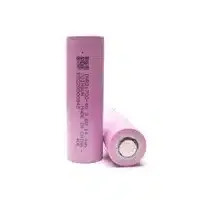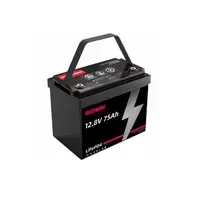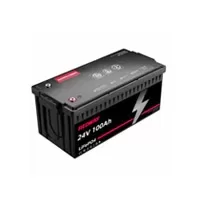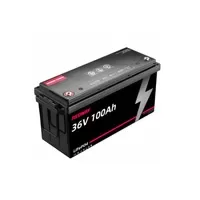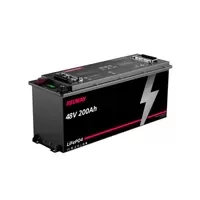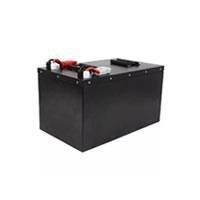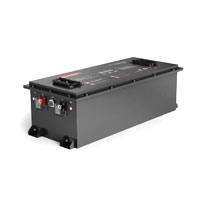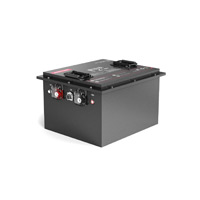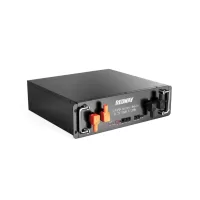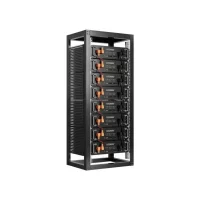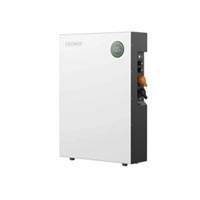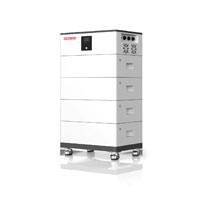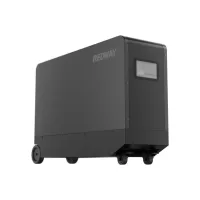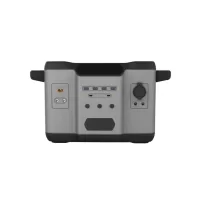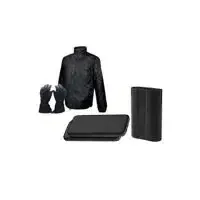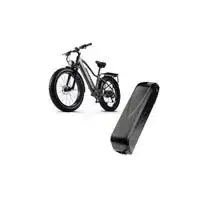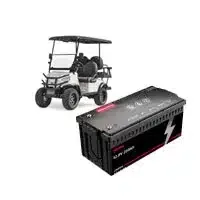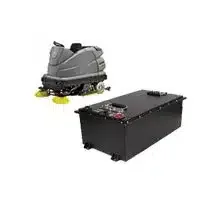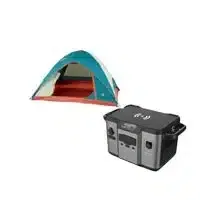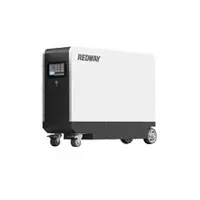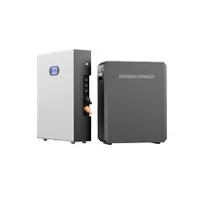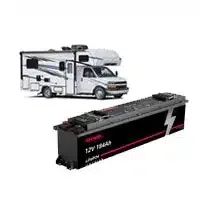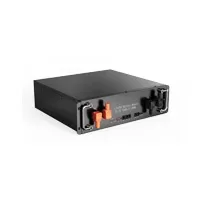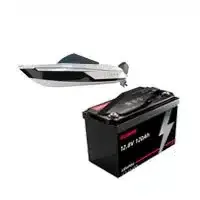(Click to Get a Quick Quote!)

If you’re planning to operate a golf cart or a Low-Speed Vehicle (LSV) in New Jersey, understanding the state’s golf cart and LSV laws is crucial. Here’s a comprehensive guide to help you navigate through the regulations:
Distinguishing Golf Carts and LSVs in New Jersey:
- Golf carts in New Jersey are primarily designed for recreational use on golf courses, limited to speeds below 25 mph.
- Some townships in New Jersey permit golf carts on roads, provided they are service roads and do not exceed 25 mph.
- LSVs, or street-legal golf carts, have headlights, turn signals, parking brakes, seat belts, rearview mirrors, and VINs.
- LSVs can be driven on streets with speed limits of 25 mph or less, adhering to traffic rules like regular vehicles.
DMV and DOT Approval:
- LSV drivers in New Jersey must possess valid driver’s licenses, as required by the Department of Motor Vehicles/Department of Transportation.
- LSVs need to be registered, insured, and comply with safety regulations. They are subject to the same rules as standard automobiles.
Essentials for LSV Operation:
- LSVs must be battery-operated and stay within posted speed limits of 25 mph.
- Some municipalities may prohibit LSVs on their roadways, so it’s essential to check local regulations.
- LSVs require NJ DMV/DOT approval, insurance, registration, safety equipment, and an annual state inspection.
Golf Cart Laws in New Jersey:
- New Jersey lacks a statewide provision for operating golf carts on public streets.
- Regulations for golf carts vary by township, city, and county, necessitating contact with local DOT-DPS or police for information.
- Operating golf carts under the influence of alcohol is prohibited, and caution is advised due to the potential for accidents.
LSV Laws in New Jersey:
- LSVs in New Jersey must have headlights, turn signals, parking brakes, seat belts, and rearview mirrors.
- These vehicles must be battery-operated and adhere to a maximum speed of 25 mph on roadways.
- LSV drivers are subject to the same traffic rules and violations as regular vehicle drivers.
Registration Requirements for LSVs at the DPS:
- To register an LSV at the DPS, a valid form of identification (driver’s license, state ID, etc.) is required.
- Registration can be in the name of an individual or business but not for commercial use in New Jersey.
New Jersey Golf Cart and LSV Laws align with federal guidelines, ensuring safe and responsible operation. Whether you’re a golf enthusiast or an LSV driver, compliance with state regulations is vital for a smooth and lawful experience on the roads of the Garden State.
Links
New Jersey Department of Transportation
National Highway Traffic Safety Administration (NHTSA)
Related Posts
- Virginia Golf Cart and LSV Laws Unveiled
- US Lithium Battery Manufacturing and Import Regulations
- UK Government Solar Energy Policy 2023 – 2024
- UK Feed-in Tariffs and Smart Export Guarantee to Encourage Rooftop Photovoltaic Installation
- Sweden Energy Policy 2023, How Homeowners Benefit From Tax Reductions
- South Carolina Golf Cart and LSV Laws: A Comprehensive Guide

